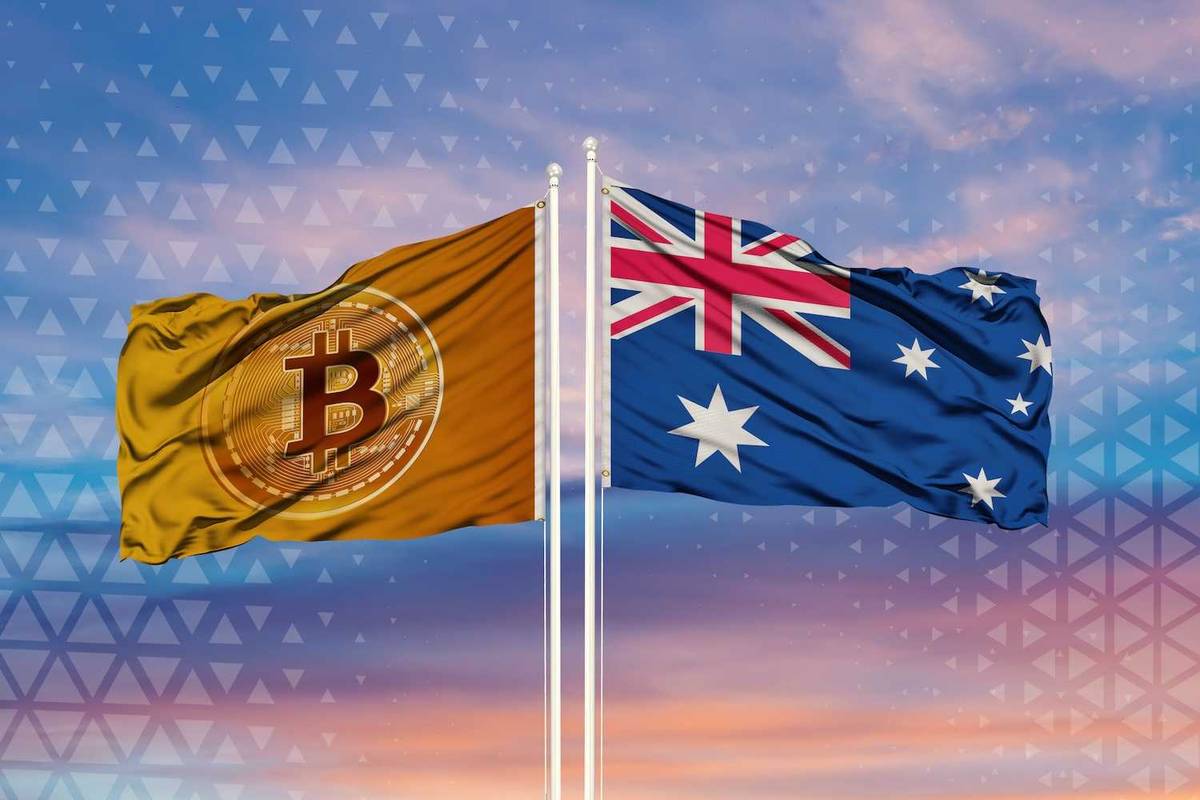Australian Treasury Releases Draft Bill on Cryptocurrency Exchange Regulation
Under the bill, cryptocurrency platforms will be required to obtain an Australian Financial Services Licence.

Australia has published a draft bill to regulate cryptocurrency exchanges, proposing to bring crypto platforms under the Australian Financial Services Licence (AFSL) regime.
The bill forms part of Australia’s broader digital asset strategy, which was unveiled in March and is aimed at delivering effective settings for digital assets and payment stablecoins.
At present, digital asset exchanges in Australia have only been required to register with the Australian Transaction Reports and Analysis Centre and follow anti-money laundering and customer ID regulations.
Conversations on recognising crypto as property in Australia made headlines in May, following Magistrate Michael O’Connell’s ruling that Bitcoin transactions should be treated like cash and exempted from capital gains tax.
Australia’s draft law package includes its proposed legislation, an explanatory memorandum, a consultation questionnaire and a fact sheet. “The draft legislation amends the Corporations Act 2001 to capture digital asset platforms and tokenised custody platforms by introducing each as new financial products,” the federal government said.
Under the bill, any entity providing specified services in relation to digital asset platforms or tokenised custody platforms will be regarded as a “financial service” provider and therefore be required to hold an AFSL.
The draft law also highlights that cryptocurrency platforms must adhere to rules like other financial service providers; failure to comply may lead to fines from AU$300 to several million dollars. Smaller exchanges, such as those with under AU$6.5 million in yearly trading or less than AU$3,300 in average customer deposits, are exempt from these fines.
The legislation will not extend to non-fungible tokens or tokens used in gaming ecosystems. It primarily targets trading platforms, leaving token issuers and businesses using tokens for non-financial purposes unaffected by new restrictions.
“(We are) working to support innovation and make digital assets safer for consumers,” the government said. “Stakeholders support the policy case for government regulating digital asset platforms.”
Recently, Australia’s superannuation system has also gained the attention of cryptocurrency companies.
In September, California-based blockchain firm OKX rolled out a new self-managed superannuation fund (SMSF) platform in Australia, allowing members to directly manage and control their retirement investment.
Prior to this, local news reported that Coinbase Global (NASDAQ:COIN) had tapped into Australia’s SMSF market with its own platform, also “designed to integrate digital assets into retirement portfolios through streamlined services.”
With these developments and the growing cryptocurrency landscape in Australia, the government is now seeking feedback on how to implement changes in the sector.
Responses to the draft bill will be accepted until October 24, 2025.
Don’t forget to follow us @INN_Australia for real-time updates!
Securities Disclosure: I, Gabrielle de la Cruz, hold no direct investment interest in any company mentioned in this article.

